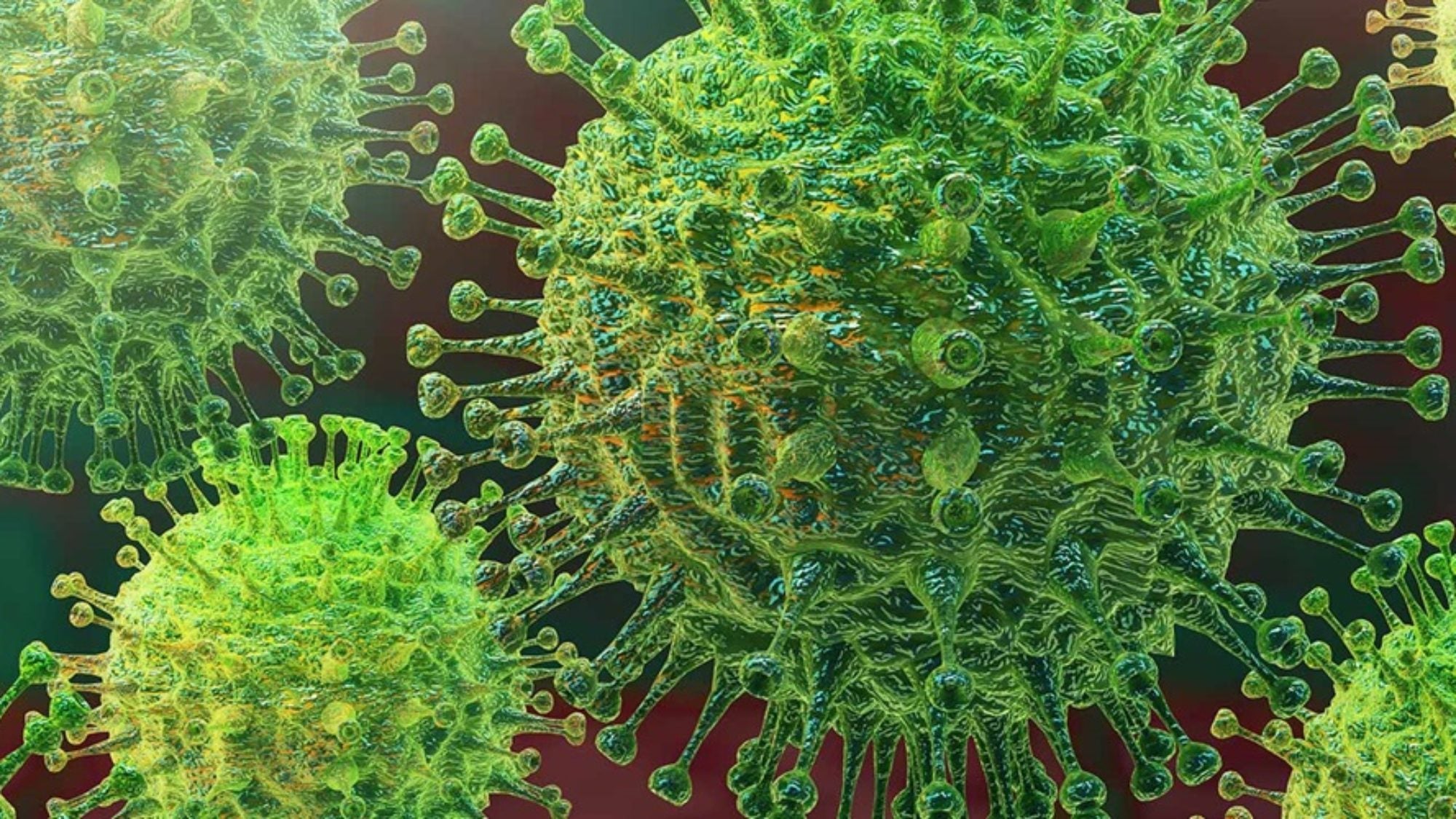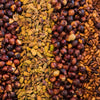Coronavirus and Keto: What You Need to Know

The good news is that if you are on the keto diet, you may have a leg up. Research shows the keto diet may have anti-inflammatory impacts and may be beneficial for immune health.
In this article, we’ll go over what the coronavirus is, how to recognize the symptoms of COVID-19, plus go over the immune health benefits of the ketogenic diet, and the best ways to protect your health.
What is a coronavirus?
A coronavirus is a type of respiratory virus that can cause illnesses ranging from the common cold to more severe diseases, like SARS (severe acute respiratory syndrome) or MERS (Middle East respiratory syndrome).What is COVID-19?
In late 2019, a new coronavirus was identified in Wuhan, China. That coronavirus is now named the severe acute respiratory syndrome coronavirus 2 (SARS-CoV-2). It causes the disease known as COVID-19.What are the symptoms of COVID-19?
Signs and symptoms may appear two to 14 days after exposure and may include [1]:- Fever
- Cough
- Shortness of breath or difficulty breathing
How is COVID-19 similar to the flu?
Both COVID-19 and influenza cause similar symptoms. A key difference is that different strains of influenza viruses cause the flu. But a single virus known as SARS-CoV-2 causes COVID-19.Both viruses are transmitted by contact, droplets, and fomites (objects or materials which are likely to carry infection, such as clothes and furniture). Unlike the flu virus, however, COVID-19 might spread the airborne route.
Both influenza and COVID-19 are viruses that can lead to pneumonia, and they both can be mild or severe [2].
COVID-19 Symptoms:
- Fever
- Cough
- Shortness of Breath
Influenza Symptoms:
- Fever
- Cough
- Chills
- Sore Throat
- Runny/Stuffy Nose
- Muscle/Body Aches
- Headaches
- Fatigue
- Vomiting/Diarrhea
Generally speaking, the people most at risk of being impacted by COVID-19 are the elderly, and those with compromised immune systems or with chronic health conditions such as heart disease or diabetes. Most healthy children and adults are able to recover from COVID-19 at home with hydration, rest, and fever-reducing medication.
How does the keto diet impact the immune system?
When you think of keto, you may initially think of weight loss.But a ketogenic diet has a slew of other benefits, and immune support may be one of them.
1. Keto may fuel your immune system to fight off the flu and other viruses
A 2019 Yale University study showed that mice on a ketogenic diet were better at fighting off flu infections than their counterparts on a high-carb diet [4].In studying the impact of a keto diet on the flu virus, the researchers of this study found something they did not expect.
The ketogenic diet activates a subset of T cells in the lungs that enhances mucus production from airway cells that can effectively trap the virus. It's a novel discovery, as this subset of cells was not previously associated with the immune system's response to influenza [5].
The group of mice on a standard, high-carbohydrate diet did not experience this effect, while the keto mice had a higher survival rate compared to their high-carb counterparts.
"This study shows that the way the body burns fat to produce ketone bodies from the food we eat can fuel the immune system to fight flu infection," said researcher Visha Deep Dixit on the impact of the study [6] .
2. BHB can help reduce inflammation
Inflammation is part of your body's natural immune response, but chronic inflammation can hurt your health.Based on mounting evidence, inflammation may be a unifying factor in many diseases [7].
Coronary artery disease, diabetes, cancer, and Alzheimer's are all linked to inflammation of some sort.
But what does keto have to do with it?
Ketone bodies have an anti-inflammatory effect on the body, specifically the ketone body beta-hydroxybutyrate (BHB).
BHB inhibits inflammation induced by a wide variety of stimuli [8]. One study found that BHB exerts antidepressant-like effects due to reducing inflammation in the brain [9].
A variety of factors, including pathogens, can induce inflammatory responses in your organs, leading to disease or tissue damage [10].
Therefore, following a ketogenic diet, which is naturally anti-inflammatory, is one of the best ways to keep your immune response in check.
Can the keto diet help protect me from COVID-19?
There is still too much unknown about COVID-19 to answer this question. Since it is thought that disease spreads from person to person, the best way to protect yourself according to the CDC [11] is:- Wash your hands often with soap and water. Use hand sanitizer if soap and water are not available.
- Avoid touching your face
- Avoid close contact with people who are sick
Keto has been shown to help with the flu and has promising anti-inflammatory effects, so it seems to be one of the more promising diets for immune health.
In addition to eating a healthy diet, you can also increase your intake of essential vitamins and minerals like magnesium, selenium, zinc, Vitamin C, and Vitamin E, which have all been shown to help with defending against viral pathogens [12][13][14][15].
-
Posted in
Authority Article




